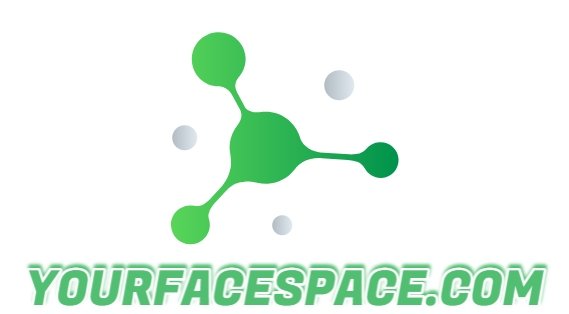Living in the digital age has brought about many conveniences and opportunities. We can connect with people from all around the world, access a wealth of information at our fingertips, and even manage our daily tasks with the help of technology. However, along with these benefits, the digital age also presents challenges to our mental well-being. The constant exposure to social media, the pressure to portray a perfect life online, and the fear of missing out can all take a toll on our mental health.
That’s why it’s essential to cultivate self-compassion in the digital age. Self-compassion is the practice of treating ourselves with kindness, understanding, and acceptance, especially in times of difficulty or failure. It’s about being gentle with ourselves and acknowledging our humanity. Here are some ways to nurture your mental wellness online:
1. Practice Mindful Social Media Use
Social media can be a double-edged sword. While it allows us to stay connected with others, it can also lead to feelings of inadequacy and comparison. To cultivate self-compassion, practice mindful social media use. Be aware of how you feel when scrolling through your feed and notice any negative emotions that arise. Remember that social media is a curated version of reality, and everyone experiences ups and downs in life.
Set boundaries for yourself by limiting your time on social media and unfollowing accounts that make you feel bad about yourself. Instead, follow accounts that inspire and uplift you. Use social media as a tool for connection and inspiration, rather than a source of validation or self-worth.
2. Embrace Imperfection
In the digital age, there is immense pressure to present a perfect image of ourselves online. However, striving for perfection is not only unrealistic but also detrimental to our mental health. Embrace imperfection and allow yourself to be authentic. Share your struggles and vulnerabilities, as they can inspire others and create genuine connections.
Remember that no one has it all figured out, despite what their social media feed may suggest. Give yourself permission to make mistakes and learn from them. Treat yourself with the same kindness and understanding that you would offer a friend who is going through a challenging time.
3. Prioritize Digital Detoxes
Constantly being connected can be overwhelming and exhausting. Make it a priority to disconnect from technology regularly and give yourself a break. Schedule digital detoxes where you unplug from your devices and engage in activities that bring you joy and relaxation.
Use this time to reconnect with yourself and nature. Practice mindfulness, go for a walk, read a book, or engage in a hobby that you enjoy. By taking regular breaks from the digital world, you can recharge and nurture your mental well-being.
4. Seek Support Online
While the online world can sometimes contribute to feelings of isolation, it can also be a source of support and connection. Seek out online communities or support groups that align with your interests or struggles. Engage in conversations, share your experiences, and offer support to others.
Remember to approach online interactions with discernment and caution. Not all online spaces are safe or supportive. Choose communities that foster kindness, empathy, and understanding. Surround yourself with people who lift you up and validate your experiences.
5. Practice Self-Reflection
In the fast-paced digital world, it’s easy to get caught up in the constant stream of information and distractions. Take time to pause, reflect, and check in with yourself. Journaling can be a powerful tool for self-reflection and self-compassion.
Write down your thoughts, emotions, and experiences. Use this time to explore your feelings, identify any negative self-talk, and challenge it with self-compassionate thoughts. Celebrate your achievements, big or small, and acknowledge your efforts and growth.
In conclusion, self-compassion is crucial in the digital age to nurture our mental wellness. By practicing mindful social media use, embracing imperfection, prioritizing digital detoxes, seeking support online, and practicing self-reflection, we can cultivate self-compassion and protect our mental well-being in the digital world.
Remember, it’s okay to take a step back, be kind to yourself, and prioritize your mental wellness in the midst of the digital noise. Your well-being matters, both online and offline.





